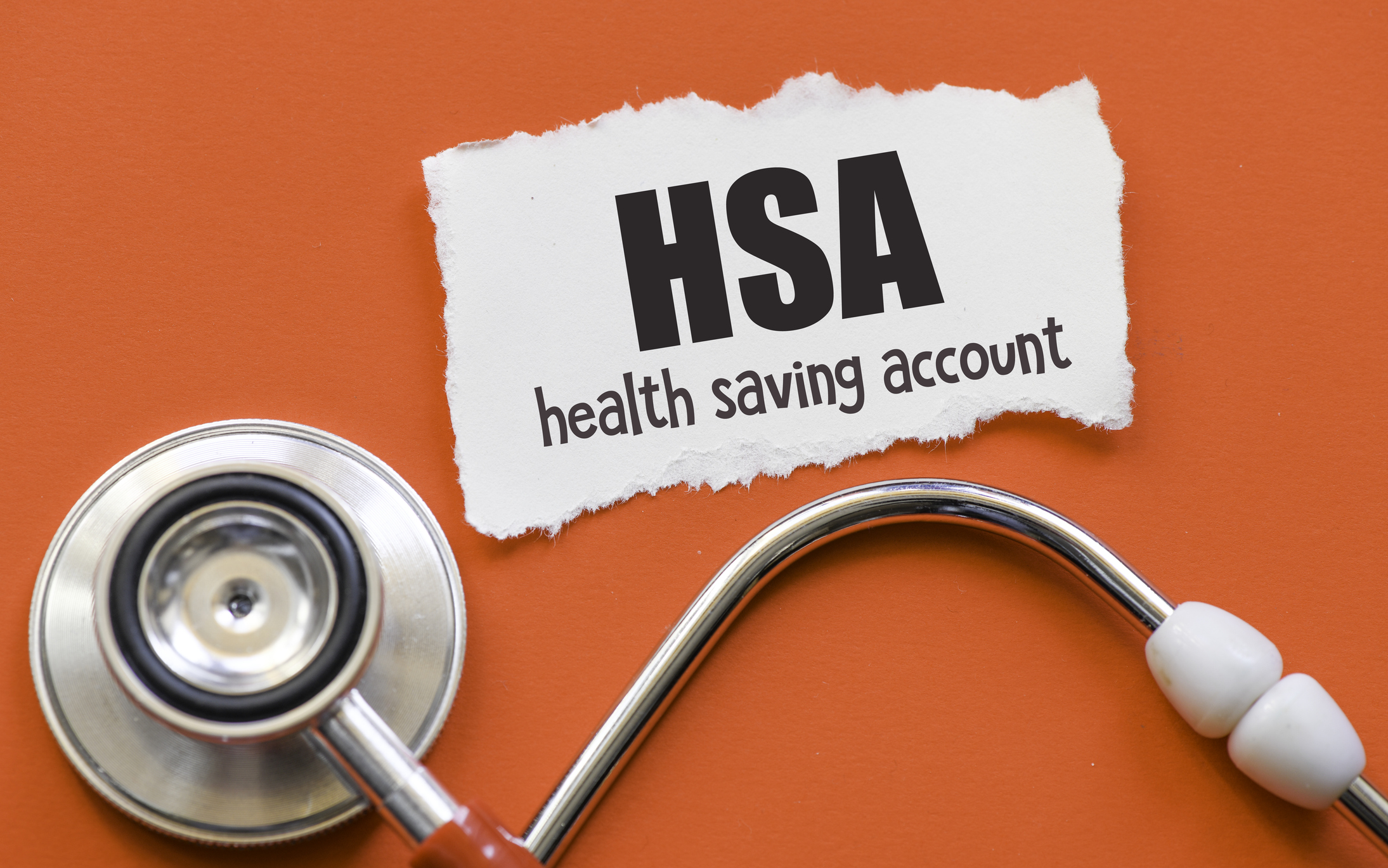
Your current HSA can reimburse you, income-tax-free, for all qualified medical out-of-pocket expenses not covered or reimbursed by other insurance. Healthcare costs for the average person increased 6.7% from 2023 to 2024, according to to the Millman Medical Index. An HSA can help you defray the these costs with some planning.
Whether you are enrolled in Original Medicare or a Medicare Advantage plan, this strategy holds true.
How your HSA can reimburse you

You must stop contributing to a Health Savings Account (HSA) beginning the first month (see lookback rule below) you’re enrolled in Medicare Part A or Part B, even if you also have a high-deductible health insurance policy through work. If you enroll in Medicare midyear, you may be able to make prorated contributions based on the number of months you had eligible health insurance before your Medicare took effect.
The good news is you can use your remaining HSA balance to reimburse yourself for your Medicare premiums, copayments, deductibles, over-the-counter drugs, vision needs and other qualified health care expenses that insurance doesn’t cover.
The six-month lookback rule. You should stop making contributions to your HSA up to six months before applying for Medicare Part A only or Part A and Part B or starting your Social Security retirement benefits.
When you begin receiving Social Security retirement benefits, your Part A coverage is back-dated six months (but no earlier than the first month you're eligible for Medicare) to give you six months of back-dated benefits. If you contribute to your HSA during those six months, you may face a 6% excise tax and an income tax for those contributions.
You can avoid the excise tax if you withdraw your excess contributions by your tax return due date, including extensions, for the year you made them. You must also withdraw any earnings attributed to the withdrawn excess contributions and include the earnings in "other income" on your tax return for the year you withdrew them.
How to pay Medicare premiums with your HSA
While it's true that you can’t make new contributions to a health savings account once you enroll in Medicare, you can withdraw the money tax-free from the account to pay Medicare premiums. The expenses can be from the current calendar year or past years.
Even if you have your Medicare premiums paid directly out of your Social Security benefits, you can withdraw money tax-free from your HSA to reimburse yourself for those expenses. After you turn 65, you can use HSA money tax-free to pay premiums for Medicare parts B and D and Medicare Advantage plans (but not premiums for Medicare supplement policies), in addition to paying for other out-of-pocket medical expenses.
Can I use my HSA to pay for my spouse's Medicare premiums?

You can contribute to your spouse’s HSA if you are enrolled in Medicare and no longer HSA-eligible.
When your spouse is HSA-eligible and has an HSA, you — or anyone else — can contribute to their HSA. Your enrollment in Medicare doesn’t disqualify your spouse from contributing to or accepting contributions from others into their HSA. You can contribute personal funds, either through post-tax payroll or with personal funds. Your spouse can deduct these contributions.
If you and your spouse both have an HSA, you can reimburse each other’s expenses from your respective HSAs as long as you remain married. You can’t combine accounts, but you may choose to reimburse both your and your spouse’s expenses from one HSA to exhaust the balance in that account.
Plan carefully because you can name your spouse as a beneficiary. Upon your death, your HSA will pass to your spouse with balances and tax advantages intact.
Reminder: You can’t reimburse your own or anyone else’s Medicare premiums income-tax-free until you, the account owner, turn 65.
HSA withdrawals for past Medicare expenses
Best of all? There’s no time limit for withdrawing money from an HSA to pay for those expenses. You can keep the money growing tax-deferred in the account, then withdraw it tax-free at any time in the future to reimburse yourself for any eligible expenses you have incurred since you opened the HSA.
So, if you’ve had an HSA for several years and didn’t realize you could withdraw money tax-free for Medicare premiums, you could reimburse yourself for all those premiums at any time. You just need to keep receipts showing that you paid for eligible expenses. And you can’t withdraw money for expenses you incurred before you opened up the HSA.
“When [getting] reimbursement from [an] HSA, it’s important [to] maintain proof of payment and documentation that the expenses were eligible, in the event of an audit (although [one] does not need to submit any receipts to be reimbursed),” says Begonya Klumb, head of Personal Spending and Saving Solutions for Fidelity Health Care Group.
For more information about HSA-eligible expenses, see IRS Publication 969, Health Savings Accounts. Also see 10 Myths About Health Savings Accounts for more information about how these accounts work.







